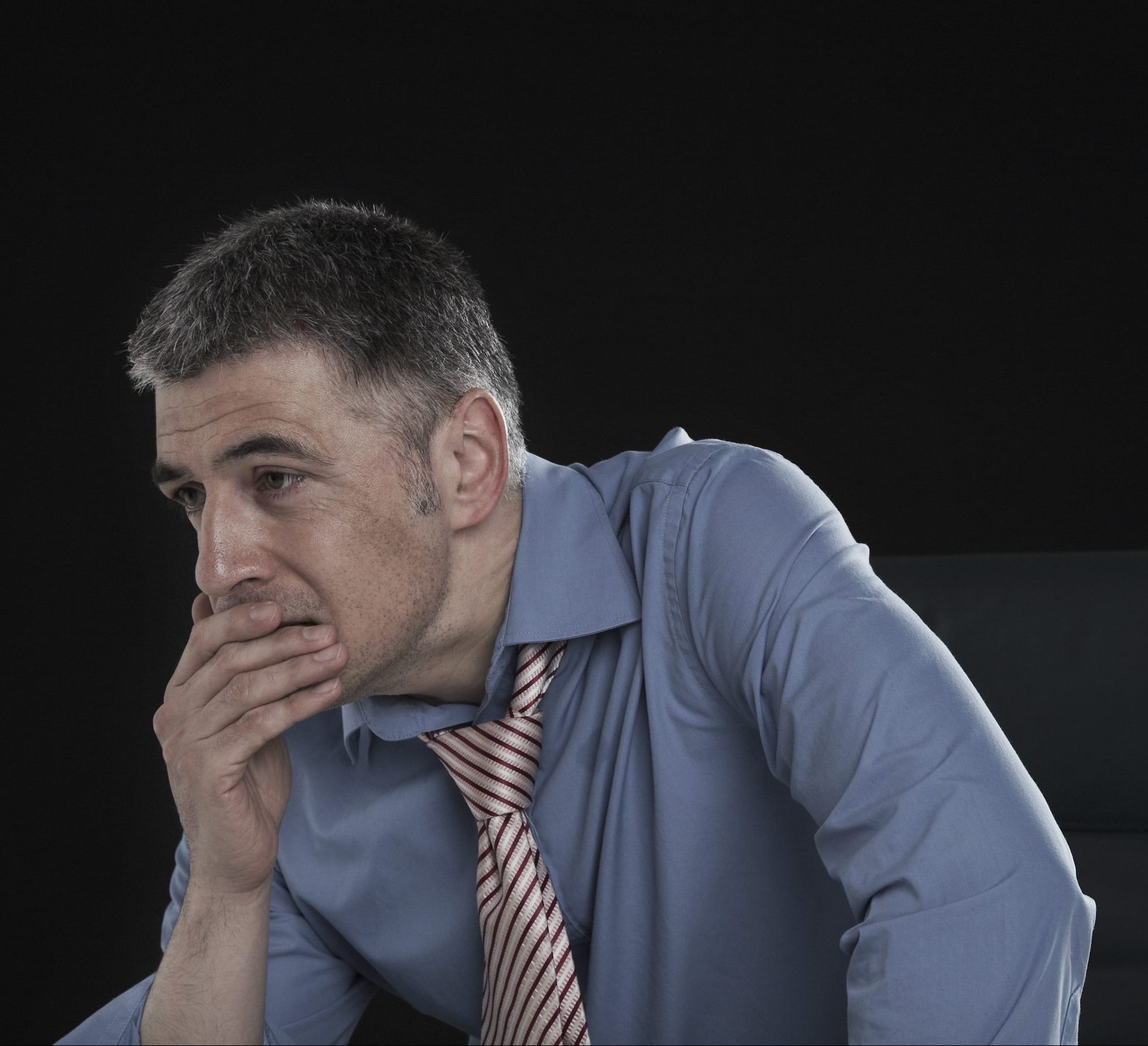Anxiety
It’s normal to feel anxious when facing a challenging situation, such as a job interview, a tough exam, a blind date, or a confrontation with a friend. But if your worries and fears seem overwhelming and interfere with your daily life, you may be suffering from an anxiety disorder. There are many different types of anxiety disorders—and many effective treatments.
Because anxiety disorders are a group of related conditions rather than a single disorder, they can look very different from person to person. One individual may suffer from intense anxiety attacks that strike without warning, while another gets panicky at the thought of mingling at a party. Someone else may struggle with a disabling fear of driving, or uncontrollable, intrusive thoughts. Yet another may live in a constant state of tension, worrying about anything and everything.
Despite their different forms, all anxiety disorders share one major symptom: persistent or severe fear or worry in situations where most people wouldn’t feel threatened.
If you identify with several of the following signs and symptoms, and they just won’t go away, you may be suffering from an anxiety disorder.
- Are you constantly tense, worried, or on edge?
- Does your anxiety interfere with your work, school, or family responsibilities?
- Are you plagued by fears that you know are irrational, but can’t shake?

- Do you believe that something bad will happen if certain things aren’t done a certain way?
- Do you avoid everyday situations or activities because they cause you anxiety?
- Do you experience sudden, unexpected attacks of heart-pounding panic?
- Do you feel like danger and catastrophe are around every corner?
Emotional symptoms of anxiety
In addition to the primary symptoms of irrational and excessive fear and worry, other common emotional symptoms of anxiety include:
- Feelings of apprehension or dread
- Trouble concentrating
- Feeling tense and jumpy
- Anticipating the worst
- Irritability
- Restlessness
- Watching for signs of danger
- Feeling like your mind’s gone blank
Physical symptoms of anxiety
Anxiety is more than just a feeling. As a product of the body’s fight-or-flight response, anxiety involves a wide range of physical symptoms. Because of the numerous physical symptoms, anxiety sufferers often mistake their disorder for a medical illness. They may visit many doctors and make numerous trips to the hospital before their anxiety disorder is discovered.
Common physical symptoms of anxiety include:
- Pounding heart
- Sweating
- Stomach upset or dizziness
- Frequent urination or diarrhea
- Shortness of breath
- Tremors and twitches
- Muscle tension
- Headaches
- Fatigue
- Insomnia
If any of these symptoms or a combination of symptoms affect your or your child’s ability to function at home, work, or socially, or cause significant distress, it may be beneficial to seek treatment. At Renew Counseling Center, our goal is to help you gain understanding your symptoms and discover the underlying causes of the anxiety you or your loved one is experiencing. We also will work together to develop a personalized treatment plan that will offer new coping strategies and help you find a more meaningful life with less worry and feelings of anxiety. Call us at (602) 633-4032.
